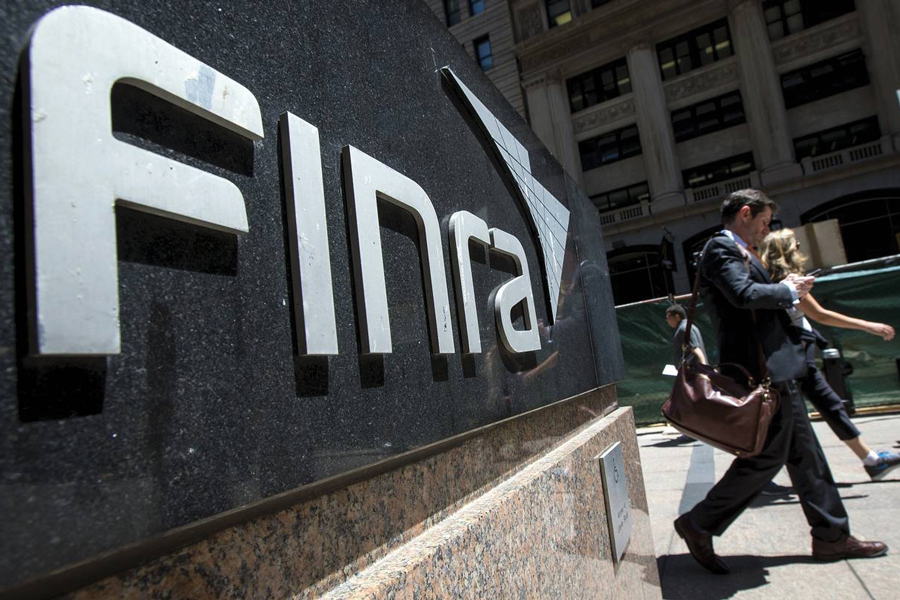As part of its crackdown on rogue brokers, the Financial Industry Regulatory Authority Inc. has identified 61 firms that would face restrictions under a newly proposed Finra rule.
Finra currently has a little more than 3,700 broker-dealers under its supervision. Finra CEO Robert Cook, speaking Wednesday morning in Washington at the kickoff of Finra's annual conference, said less than 2% of the broker-dealers operating at the moment fit the profile of rogue firms that Finra's proposed new rule would affect.
The objective of
the new rule is to impose additional obligations on firms with significant histories of misconduct or that employ a number of brokers with bad disciplinary records, according to Finra. For example, a firm targeted by Finra under the rule would have to create an account that Finra would have control over to pay arbitration awards that had previously gone unpaid.
The largest number firms that would be subject to the new rule, 55, are known as small firms, or those with less than 150 registered reps and advisers, according to Finra. The other six are mid-sized broker-dealers, or those with 151 to 499 brokers.
Those broker-dealers have a much larger risk of continuing bad actions, according to Finra data, Mr. Cook noted.
More:
Finra proposal to restrict recidivist behavior a good start — but more needs to be done
The rule proposal is an attempt "to look at firms with a cluster of brokers with high records of misconduct and the firm itself with high record of misconduct," Mr. Cook said. "The goal is to use objective criteria. Most firms are really trying to work hard to get it right."
Finra staff created the criteria that identifies a firm that, based on past misconduct, is likely to get into trouble again, Mr. Cook said.
"What we found was, if you go back and test these criteria, two to four years ago, the number of misconduct events that happened since was quite high," Mr. Cook said. "If you went back two years ago, the number of misconduct events since then would have been nine times more than other firms. If we had identified them before, they would have posed the risk of future misconduct events."
More:
Finra plan to address unpaid arbitration award problem deserves fair hearing
If the rule is eventually approved, Finra's goal would be to discuss with the broker-dealers that fit this profile the business activities that pose the greatest risk to investors, he said.
Down the road, brokerage firms would be required to set aside some money in a reserve account, and that money would available to deal with future claims against the firm, including unpaid arbitration awards, he said.
Mr. Cook was asked about the Securities and Exchange Commission's Regulation Best Interest by the audience in the morning's question-and-answer session but sidestepped the issue.







